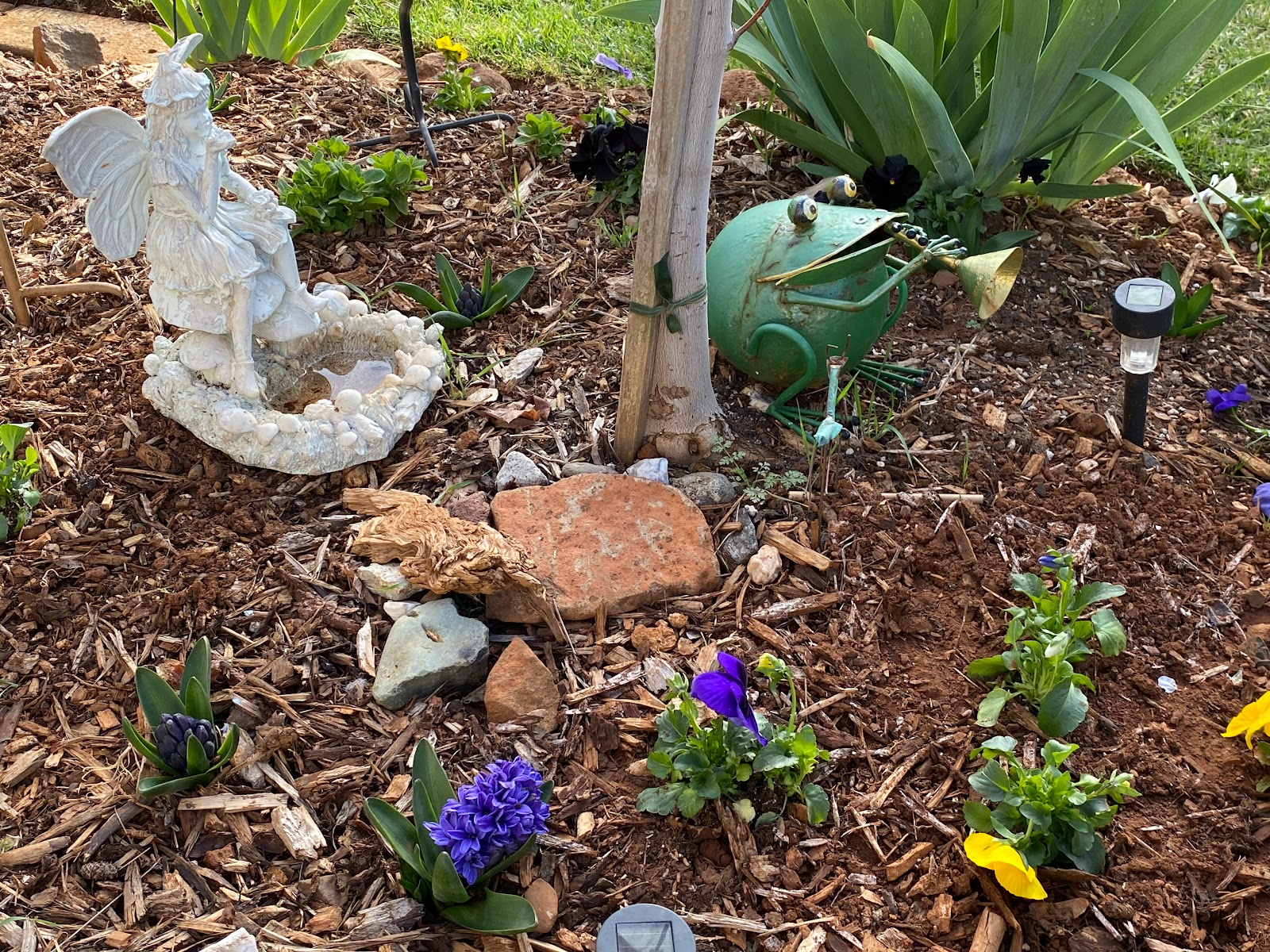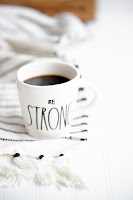by Pamela Cowan
Being
a great writer is difficult. Even tougher to achieve is the honor of being a great woman writer. History has proven the point.
According to
Greg Buzwell's 2020 article for the British Library Newsletter, he states that “During the
late 18th and early 19th century, writing, and especially the writing of
fiction for money, was seen as a most unladylike activity. Unseemly parallels
with prostitution arose regarding the notion of women writing novels which were
then sold to anyone willing to pay. Derogatory terms such as 'female
quill-driver’ were common.”
The
idea that women’s writing was equated to prostitution is profoundly disturbing
but not a real shock. Women have always been asked to act a certain way. Like
children, it was best if they were seen and not heard—or read. Even Pericles,
the great statesman of Athens stated, "The chief glory of a woman is not to
be talked of and that publicity in women is detestable." While he himself loved
to be talked about and listened to.
Despite
all this, women did read and write books. By the mid 1700’s the tag "By a
Lady" became a common thing to see on a title page. This meant not only a woman
had written the book but that the woman was of a certain class and, therefore, readable by respectable women.
Jane
Austen published her first novel, Sense and Sensibility, under the tag "By a
Lady." Her second book, Pride and Prejudice, was tagged "By the author of Sense and Sensibility." How sad is it that one of our most loved and acclaimed
authors never saw her name on the title page of one of her books?
Things
did not change quickly. In May of 1846, Charlotte, Emily and Anne Bronte
published a collection of poems under the names Currer, Ellis, and Acton Bell.
In
1856, Mary Ann Evans, writing as George Eliot, wrote an essay critical of the
ludicrous plots of novels written by women. She thought that every time a woman
wrote a frivolous story it did further damage to the idea of the worth of a
woman’s words. She felt fiction by women was too, “frothy,” which caused
critics to dismiss serious literary works by women. Not wanting to be viewed in
this light, she published using a man’s name. No feminist, George Elliott was
berated by feminists for submitting to male-dominated social values and
ideological limitation in the Victorian era. In
1919, Virginia Woolf wrote an essay that helped restore Eliot to her rightful
position after a period of Victorian and Edwardian backlash. For Woolf, the
establishment of a female literary tradition was vitally important. Woolf
argued that, “Each generation of women writers builds upon the successes of
those who have gone before, and for that to be possible the lives of those
women need to be known and their books read, studied, valued and enjoyed.”
Contemporary women writers are indebted to the women writers of the past. The ones who excelled at their craft could not be ignored or left out of the
canon. Today we would like to see a world where writers are not judged by
gender. However, the use of pseudonyms continues, as does the use of initials
to disguise the gender of an author.
I originally wrote my books as
P.J. Cowan. For this I once received a one-star rating and the following
review: “The author thinks she’s being sneaky using initials, but I knew she
was a woman right from the start. I am giving her one star for trying to get
away with it.”
I hadn’t known being a woman was a bad thing, or something I had
to hide. It was the twenty-first century after all. The review stunned me. I
had not set out to deceive. There was a photo of me on the cover! My reason for
using initials was to avoid setting up preconceptions of gender in my readers' minds as I sometimes have male main characters. Still, the review left me
feeling somehow guilty even if the initials were never meant to hide who I was.
(I did later change my name, but only because there is a successful children’s
book author with the same name who was writing long before me. We kept getting
each other’s email!) Others have and do use
initials to disguise their gender. In the 1970’s I became a huge fan of science
fiction. How delighted I was to discover that two of my favorite authors, James
Tiptree, Jr. and Andre Norton, were actually Alice Bradley Sheldon and Alice
Mary Norton.
Even more recently, in
1997, when Bloomsbury Children’s Books published Harry Potter and the Philosopher’s Stone the book appeared as by "J K Rowling"—it being feared that
publishing as "Joanne Rowling" would alienate young male readers.
Though the need to
hide our gender is obviously still an issue, the freedom of print-on-demand
publishing and independent authorship will—I’m certain—force change. The
connection between writer and reader will be more direct and less controlled by
potentially prejudiced and biased gate keepers.
I, for one, am
proud to be called a female quill driver!
Pamela Cowan is an award-winning Pacific Northwest author, best known for her psychological thrillers and science fiction short stories. She has degrees in Communication and Organizational Psychology and spent most of her professional career in social services. An Army brat, Pam was born in Germany and moved with family 17 times before settling in Oregon, where she has steadfastly remained with her remarkably patient and supportive husband. She has two grown children and a wonderful granddaughter and hiking buddy.























